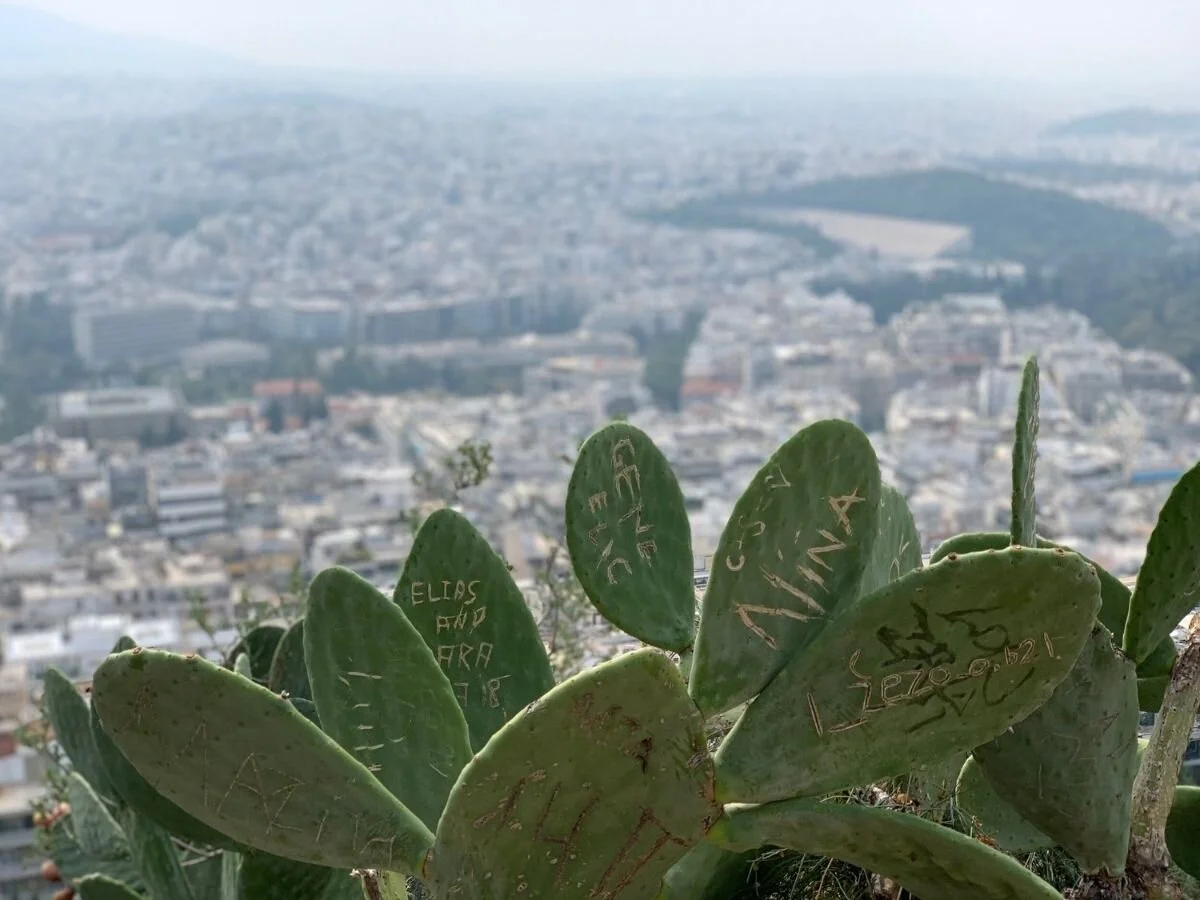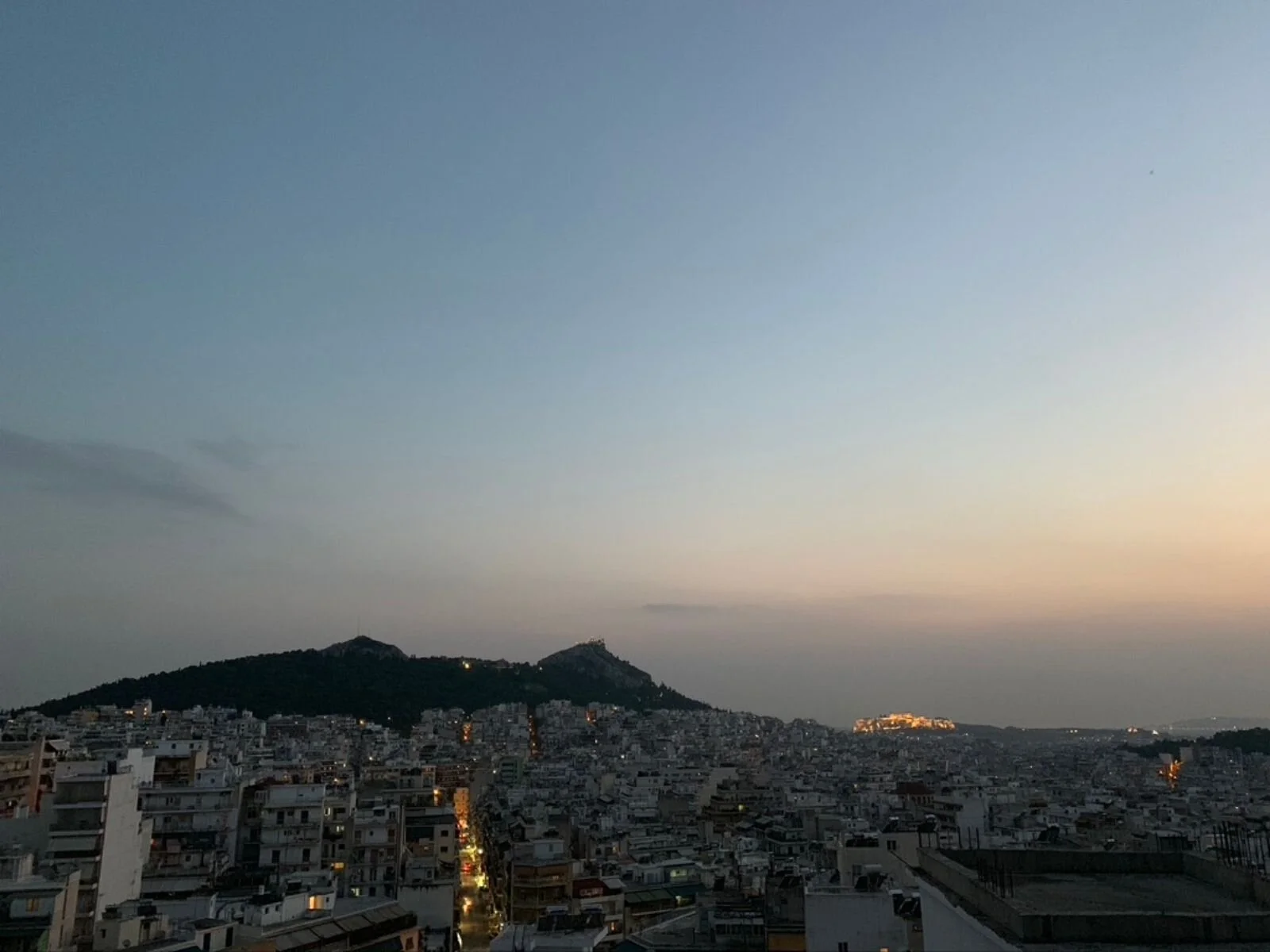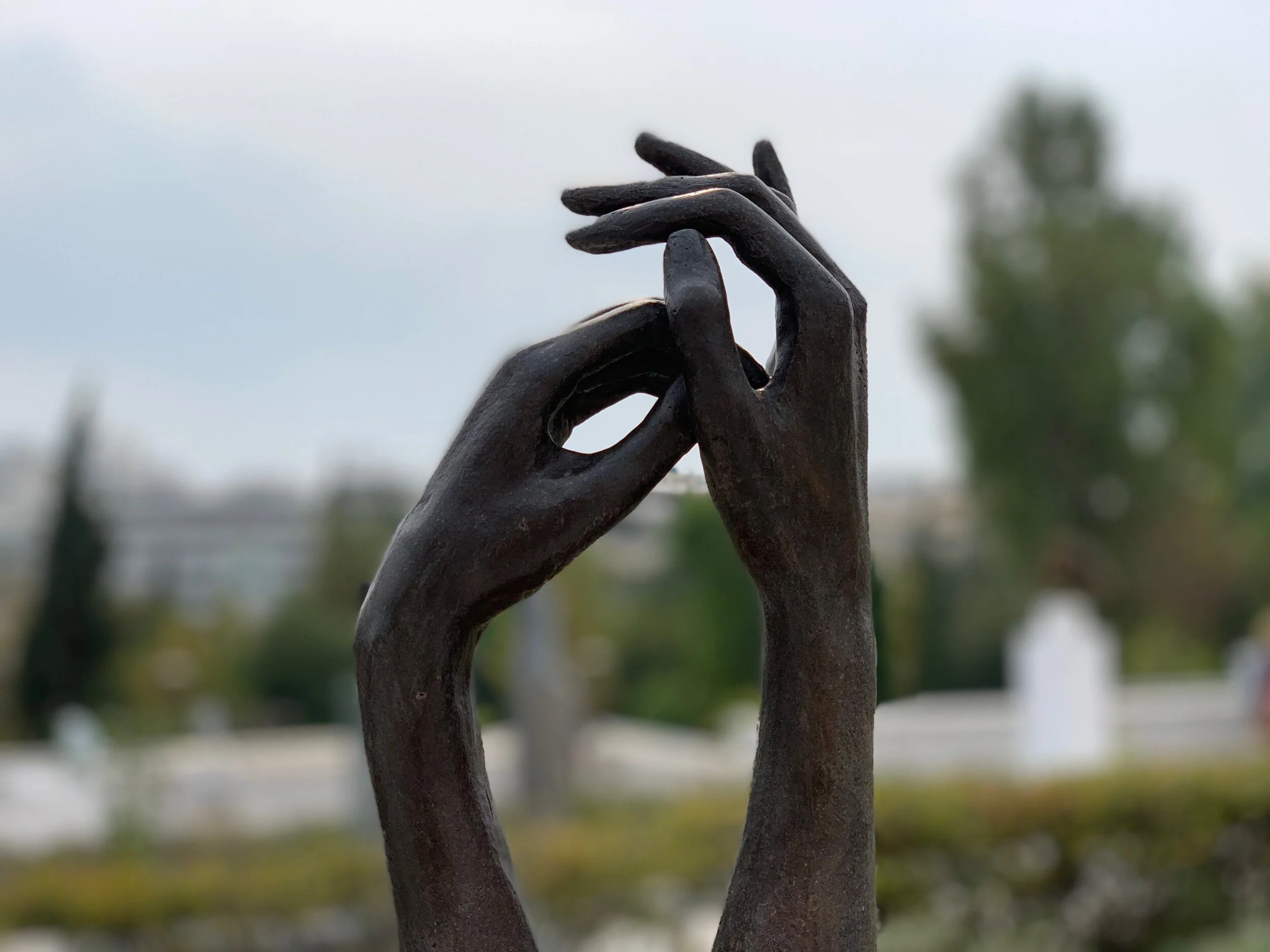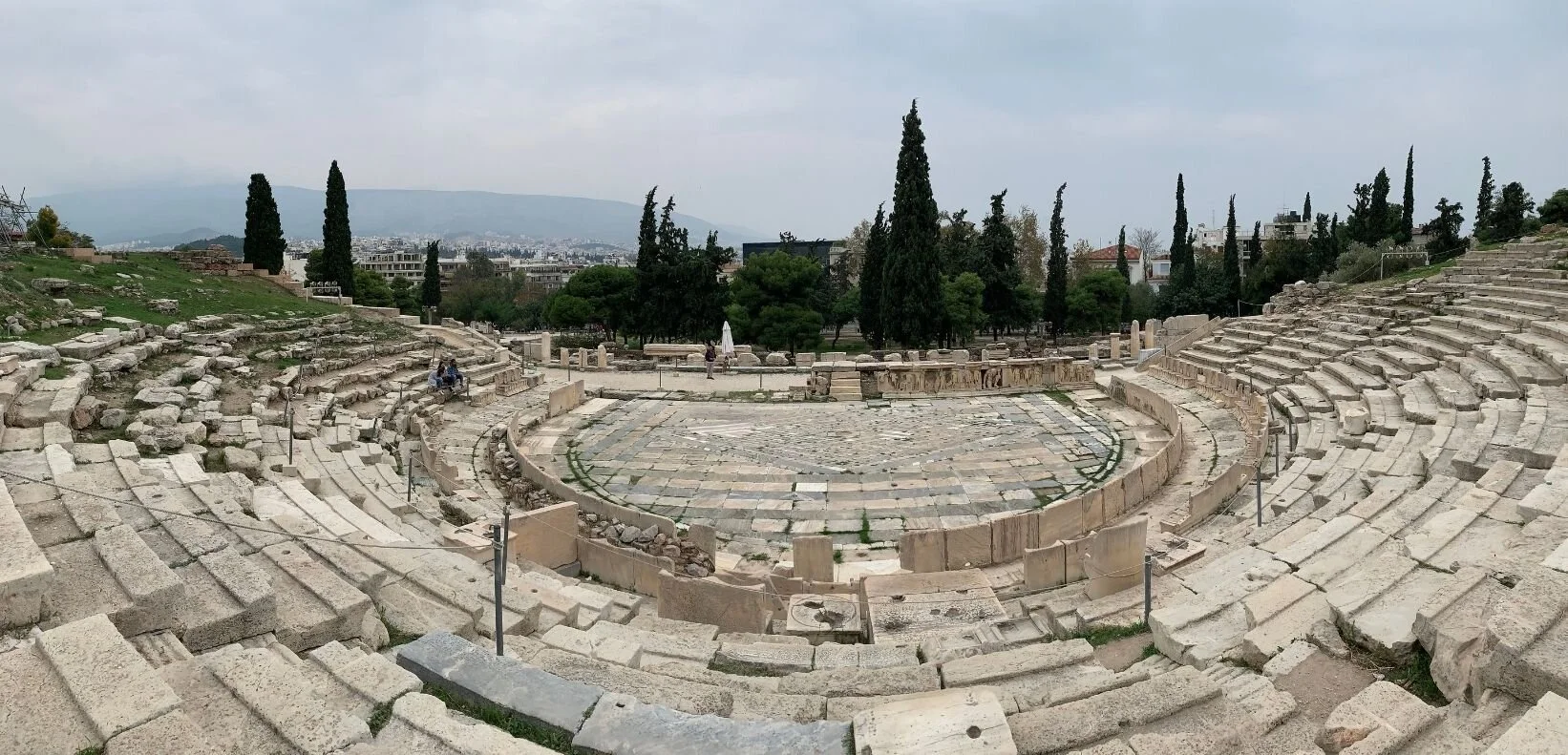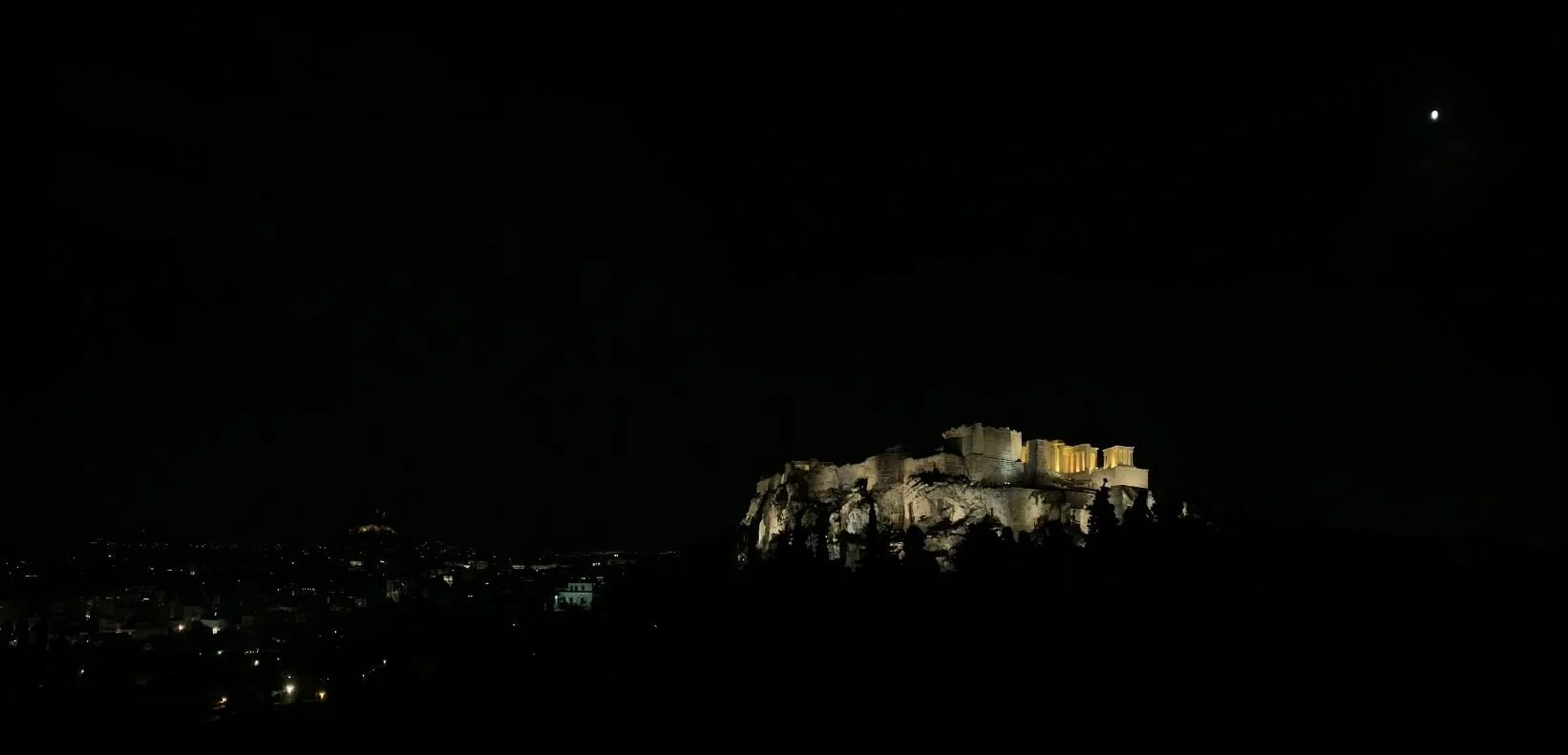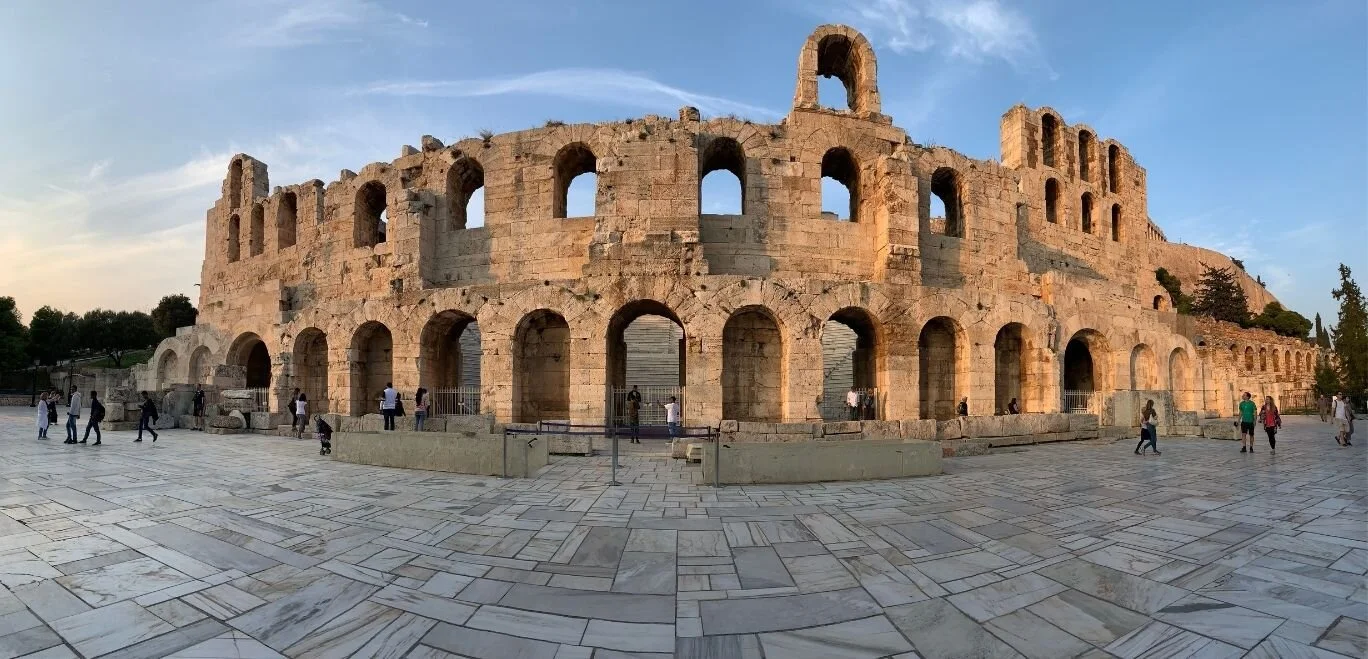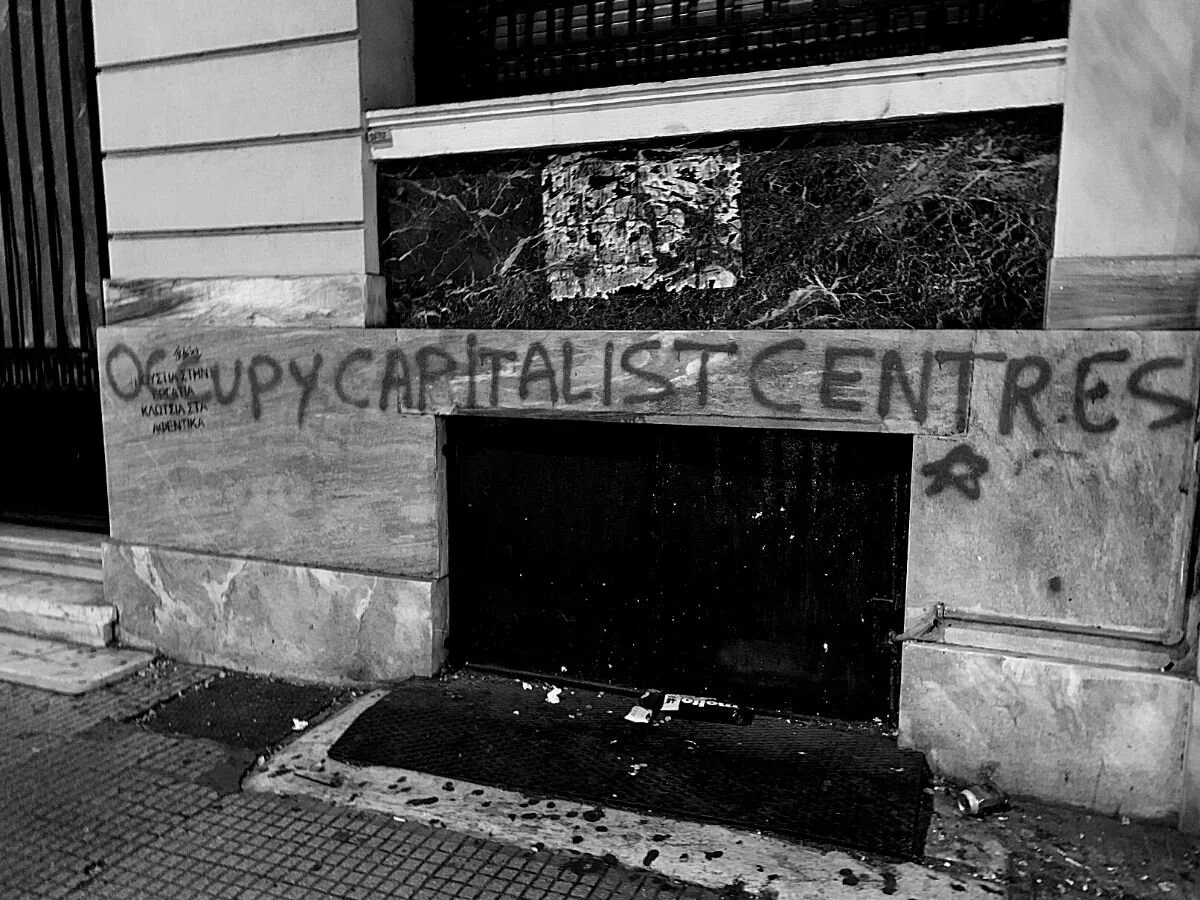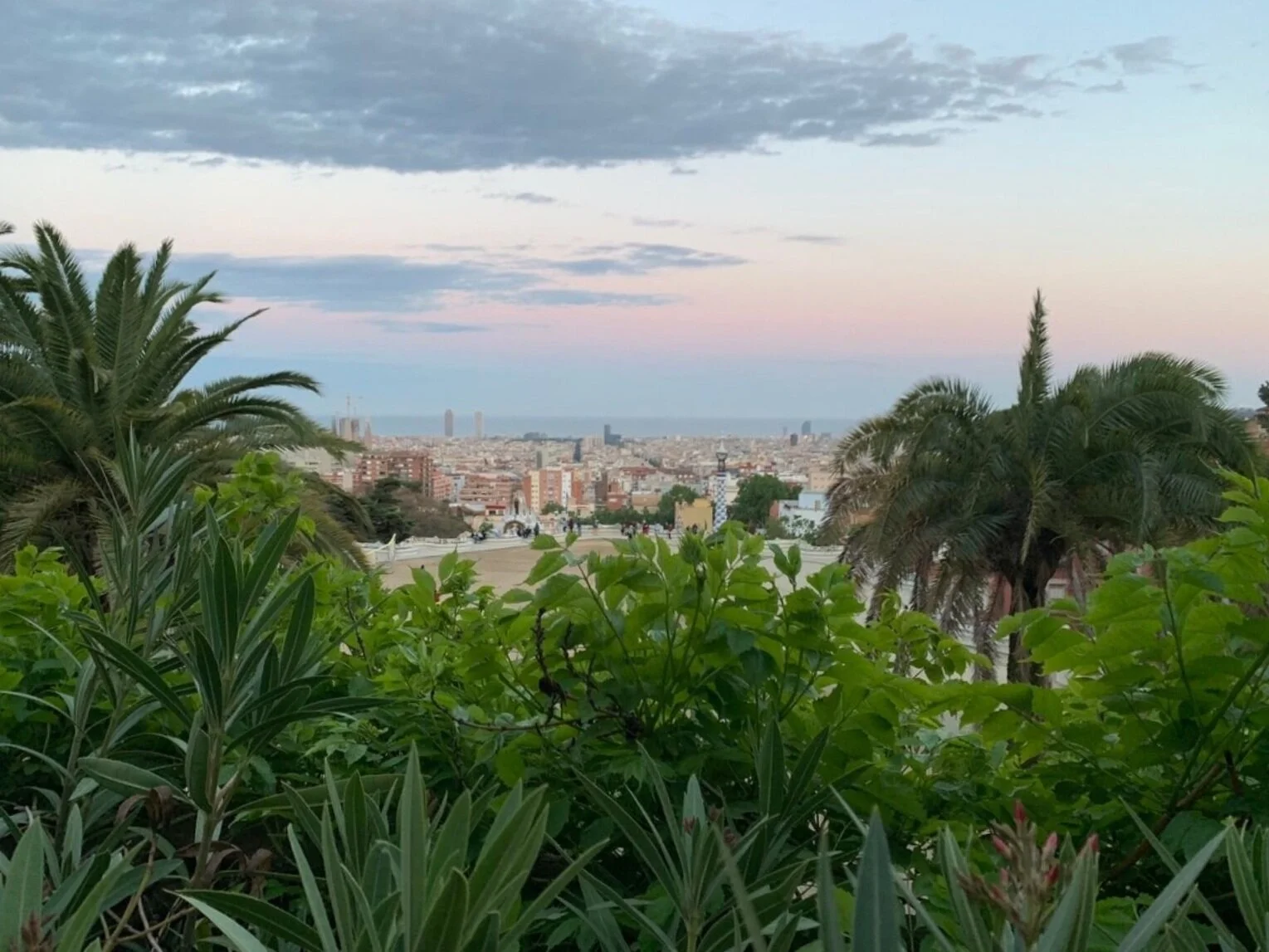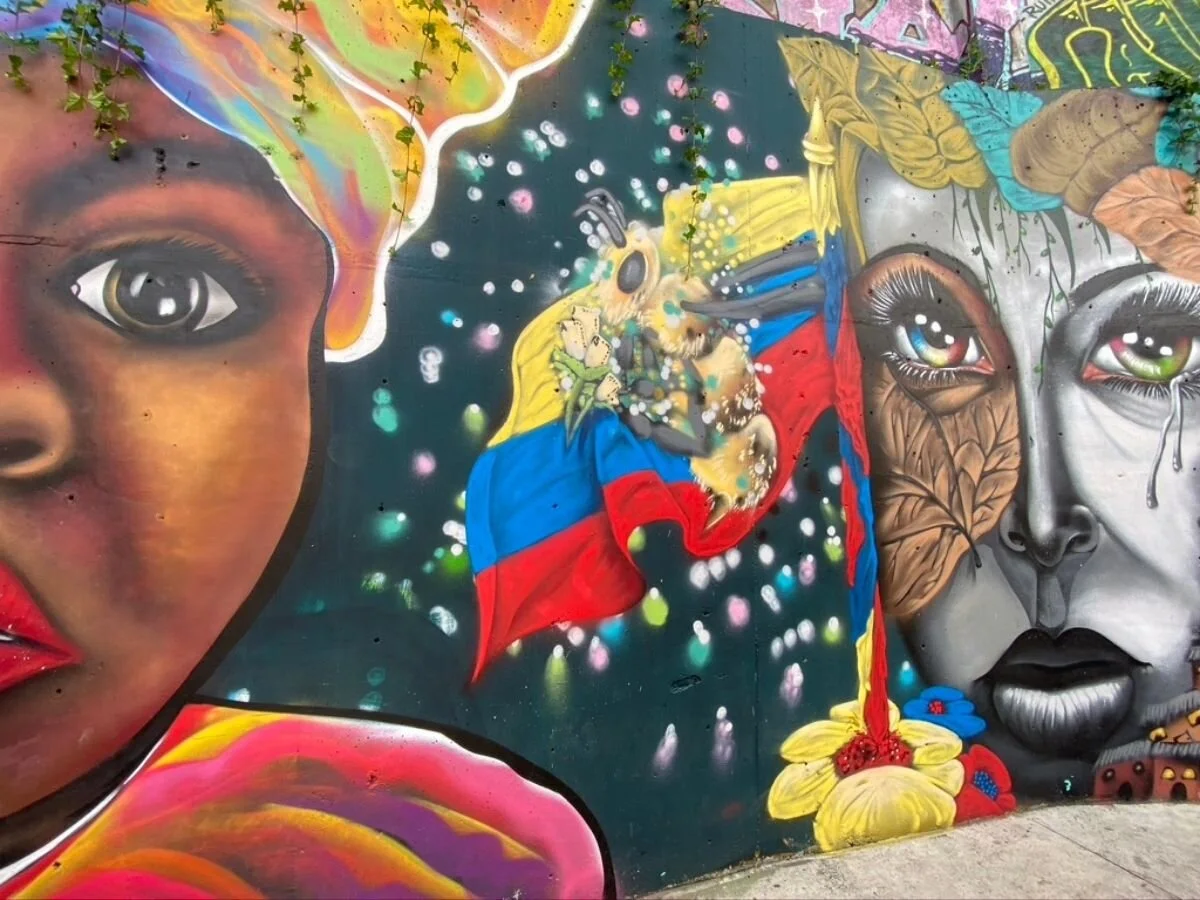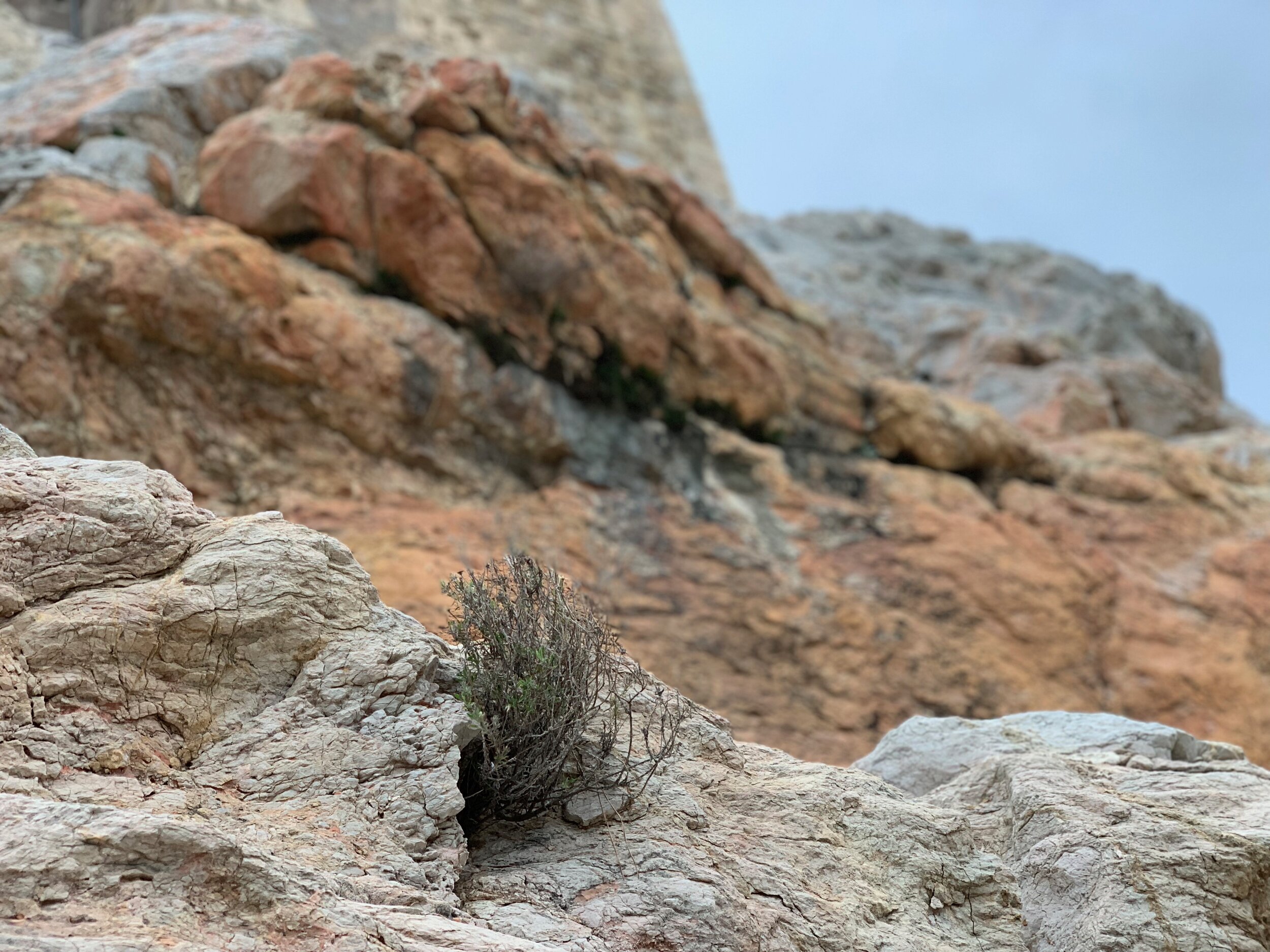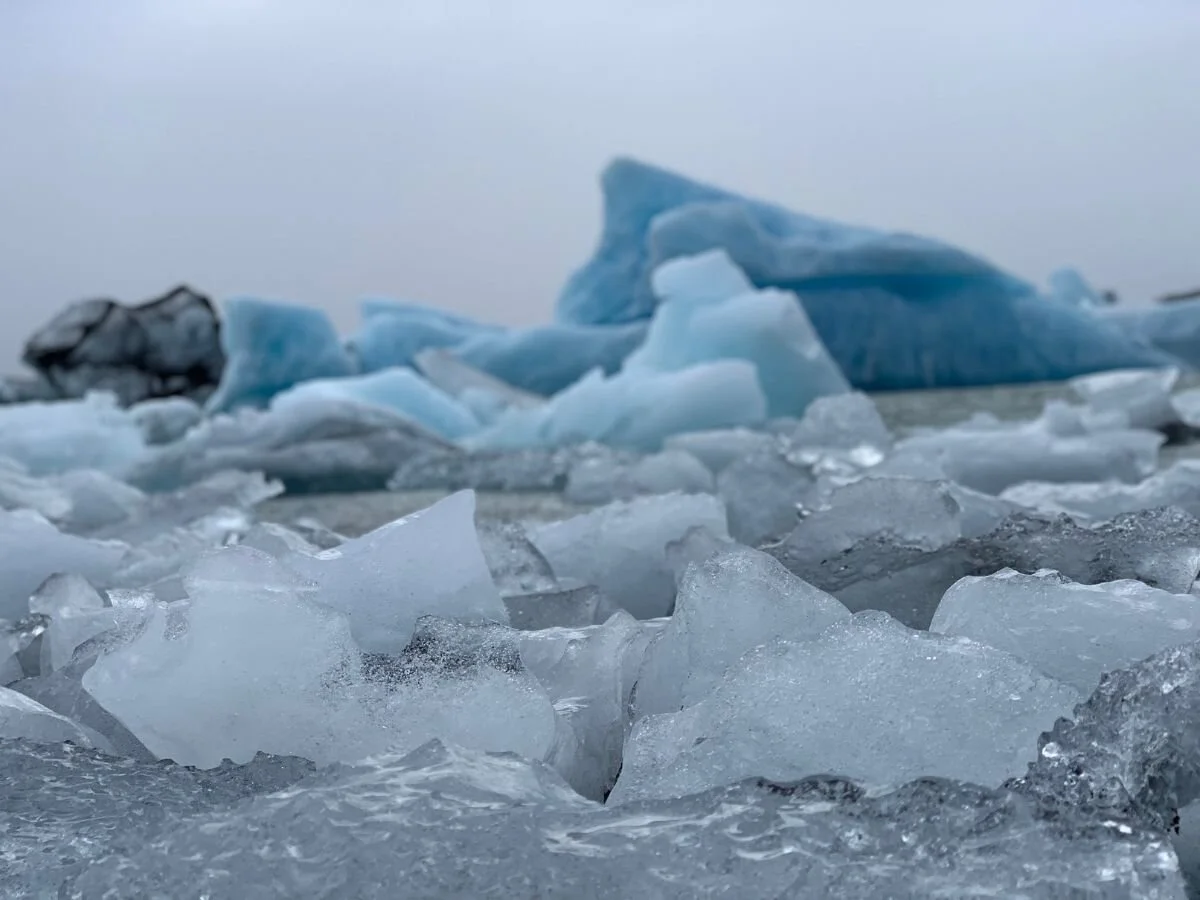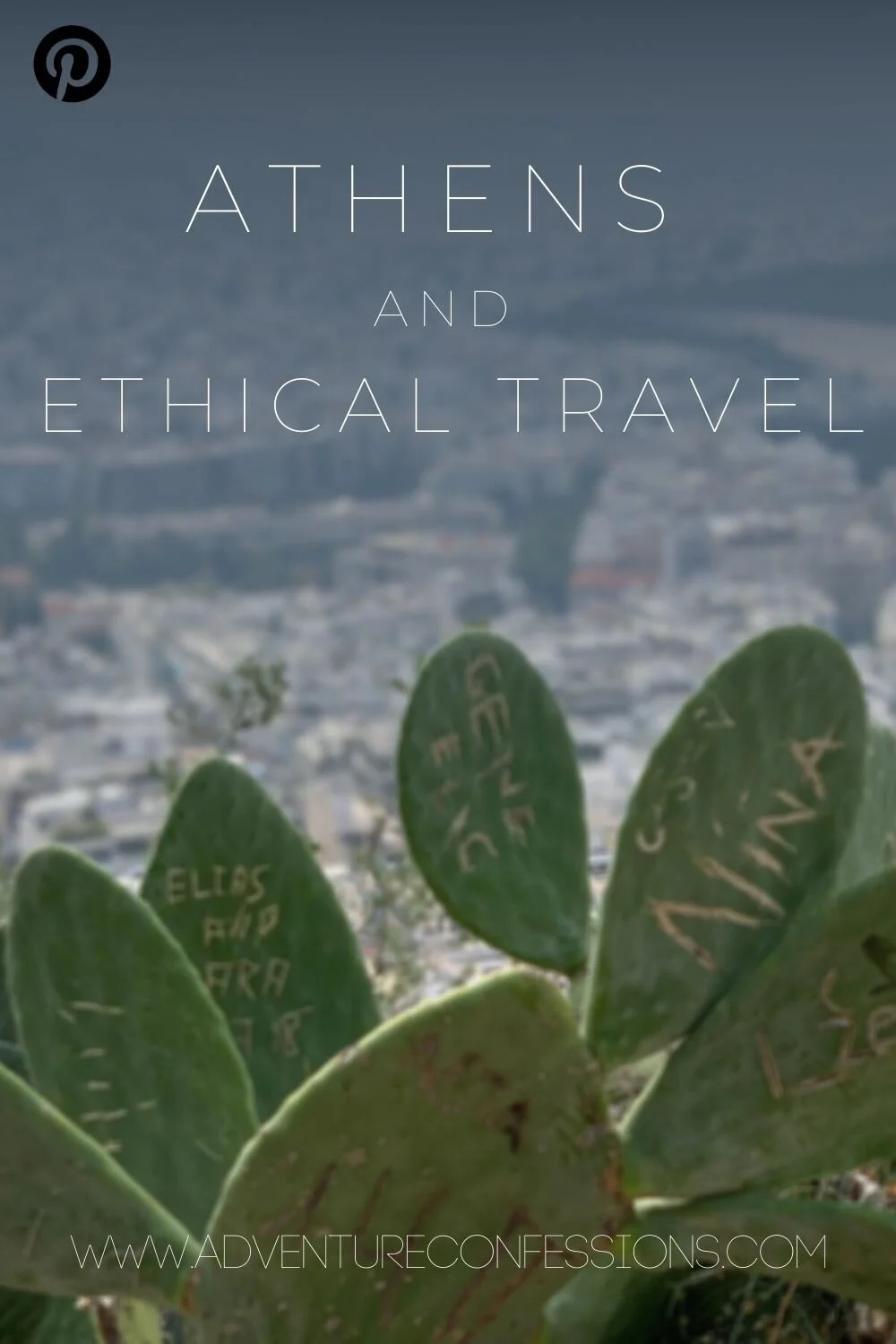Athens: My Introduction to Ethical Travel
Mount Lycabettus, the highest point in Athens
COVID-19 Update (8/8/20): While I stand by the parameters listed below when developing a sense of financial and environmental accountability, the current global crisis has added an additional layer of complexity to the question of ethical travel. As an American who has reaped the benefits of a powerful passport which lost almost its entire value overnight, I have taken this break from travel to examine my orientation toward the international community and the ways in which my class and cultural privilege have colored my experiences abroad. In solidarity with BLM and in light of COVID-19’s exacerbation of countless humanitarian struggles, I am committing to the ugly process of challenging my world views and addressing how I’ve participated in the exploitation of people and lands to which I have no claim. If you are interested in beginning or continuing a nomadic lifestyle in the wake of the pandemic, I encourage you to join me in confronting our blindspots and showing up with courage and humility as a positive force for change.
$20 view from my Athens Airbnb
After road-tripping through Iceland and spending an average of $30 on one-way flights from one nearby European country to another, I arrived at the apartment building of my Airbnb in a colorful and claustrophobic Athens neighborhood. I’d already hiked a mile up a San Francisco-steep hill from the metro station to get this far with a giant backpack, and my knees buckled at the sight of more stairs.
A sculpture garden in Athens filled with contemporary, political art.
The last stretch was immediately made worth it by my host’s warm greeting and a tour of her beautiful apartment—each room covered floor-to-ceiling in original artwork and color-coded collage. She showed me to the Blue Room—my bedroom—and led me outside to the balcony overlooking the city, Acropolis and all. I felt like I was in a dream; a slice of history I couldn’t believe I’d found for $20 a night, homemade tiropita included.
Once I ripped off my hiking boots and unpacked, I walked back onto the balcony to take in the view. The sounds of the bustling city on a late October afternoon filled the air: dogs barking, music blaring, construction, emergency vehicles, children’s laughter—all while the sun set over the Parthenon miles into the distance. Timeless and yet so completely juxtaposed. I imagined the city thousands of years ago from my vantage point, and grinned from ear to ear as I wondered how on Earth I got so lucky to witness this. The cost and impact of my adventure hadn’t yet crossed my mind.
Behold the Theatre of Dionysus: the world’s first theatre—and my childhood dream fulfilled.
The next morning, I made my way to the historic center for a free walking tour. On my way to the metro station, without the attention of a heavy backpack and the focus to make it up the steep hill, I saw the neighborhood far more clearly. Yesterday I’d been so enamored by the novelty that I hadn’t given much thought to the garbage on the streets, the crumbling sidewalks, the stench. How cramped everything felt, even after living in New York.
I knew a little bit about the economic crisis that made headlines a few years back, and I began to connect the dots. By the time I made it to the center of town, I was eager to ask the guide about the current state of affairs in a city with so much tourism (the Acropolis alone gets over 10 million visits per year). She was more than happy to answer, and launched into a lecture for the group.
View of the Parthenon at night from St. Paul’s Rock
According to my guide, who was born and raised in Athens, Airbnb is a huge culprit for inflated housing costs—just like in the US. The unemployment rate within the city was a mind-blowing 20% at the time of my visit (October 2018), and has since only slightly decreased (pre-COVID-19 stats). While my tour guide had some bitter things to say about her people and the current lack of ambition within the culture, I heard from other locals a more nuanced version of the crisis.
Of course, this is a complex issue like any other. My Airbnb host teared up describing the changes she’s seen in her community due to overtourism and other internal financial problems within the country. And yet, here she was taking my money as a means of getting by, contributing to the problem and further aggravating the financial pressure put on locals to use tourism to their advantage. And here I was, making things worse simply because I was sick of hostels and wanted to Treat Myself™.
The Odeon of Herodes Atticus: a 5,000-seat amphitheatre built in 161 CE and (luckily for me) sparsely populated in October 2018.
All of this got me wondering about adventure and accountability:
Do we have an inherent right to travel, especially those of us with historical barriers to physical and financial freedom? Or—simply as humans—do we have a connection to the history of other cultures, and therefore a right to experience the wonders of the world?
Where is the line between the pursuit of personal growth and personal accountability? And what do we, as passersby, do when we encounter the consequences of our adventures?
Is it fair to expect low-budget travelers to carry the burden created in large part by wealthier tourists? Or am I drinking the Kool Aid of Late Stage Capitalism by placing the responsibility onto individuals rather than corporate greed?
Should I say screw it to thinking so hard and just enjoy life?!
One among dozens of similar messages spray-painted throughout Athens that caught my eye over the course of a few days.
Each person will have a different set of ideals around these questions. I know I have a lot more research to do before making definitive claims about the solution to a foreign country’s financial crisis. What I do know is that, as a visitor, it is my job to listen more than to speak, and to heed the advice most commonly shared by locals. I also know that when I travel, I should take at least the same environmental and economic precautions that I take in my home country. And considering I won’t be sacrificing my wanderlust any time soon, the best I can do is remain connected to my role within the global community.
Here are some things we can do to lower the negative impact of tourism when backpacking abroad:
Barcelona’s housing crisis stats are mind-boggling, and to think about my participation in the the city’s overtourism issues doesn’t leave me feeling particularly inspired to visit other world-famous bucket list sites.
Stay in hostels or couch surf. I know the cheap Airbnb looks tempting, especially if it means a night alone for once, but if your comfort equals a local’s inability to afford housing in their own city, you’re doing adventure wrong. Many hostels offer private rooms which, if you share with someone, end up costing nearly the same as a bunk.
If you absolutely insist on using Airbnb, choose a room in someone’s home or a full house to yourself rather than a private apartment in a complex operated by the Airbnb host. If you’re unsure, check the host’s other listings. If they have a number of similar accommodations, it’s likely a culprit.
Political and climate-centered art by graffiti and mural artist John A. Serna can be seen throughout Medellín, Colombia.
Bring your own reusable supplies so you’re not contributing to the trash problem in a city where you don’t have to live with the consequences. I use a bamboo cutlery set which I purchased on Amazon before realizing there’s a much easier and less ironic way to go zero waste, by just…you know…packing cutlery you already own.
Lake Atitlán, Guatemala—Beautiful and popular attraction, but the relationship between its local communities and tourism is a complicated one.
Spend time getting to know locals and listening to their perspectives. Yes, cultural exchange is 50/50 in a perfect world, but if you’re visiting places where overtourism is a direct link to financial instability, consider making learning your priority during these exchanges. Just don’t make it the responsibility of others to teach you what you can take twenty minutes to Google first.
New life still makes its way out of the Acropolis in Athens. It’s these little details which give me hope that—despite all the evidence to the contrary—the chaos of history spins toward something good.
If you have the privilege of time, look into ways you can volunteer at the community level, whether through a work exchange, a single event, or a volunteer organization. Not all NGOs are created equal, though, but you can take a little extra time to research different organizations to make sure you’re not inadvertently contributing to the alive-and-well legacy of colonialism. A project run by locals is usually a better bet than one run by outsiders.
Reconsider your bucket list. I decided during my last trip to Northern Italy to skip Venice so the blood of its destruction wouldn’t be on my hands. If you do choose to visit a location where mass tourism is severely impacting its ecological features, be conscientious about your waste habits and do your research before arriving.
The influx of tourism over the last several years has threatened Iceland’s unique, fragile ecosystem due to an unprecedented increase in waste and foot traffic. Maybe COVID helped.
All of this to say—I am far from perfect when it comes to ethical travel, and I’m learning more and more with every trip; each time slightly more embarrassed by my previous choices. Much of the above advice came from making the mistake of doing the exact opposite while in my ignorant state as a wide-eyed, novice American backpacker. I hope my awakening to the impact of these experiences as a low-budget traveler will help you make mindful choices abroad, find your place in the world, and allow you to adventure with abandon.
If you’re interested in learning more about this issue, here’s a semi-recent article from The Guardian to get started. If you have any questions or ideas about ethical travel, shoot me a DM or leave a comment below!

